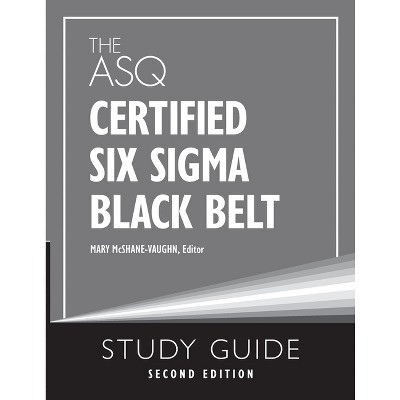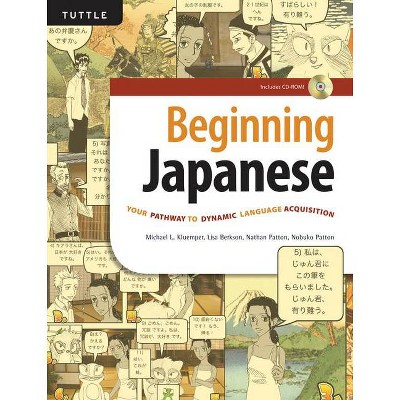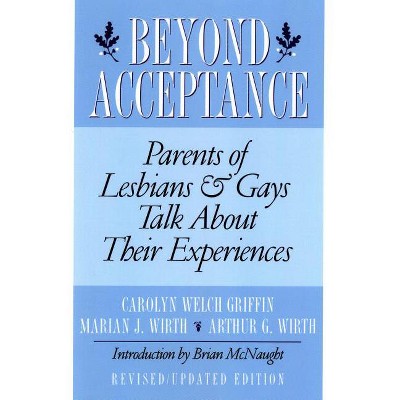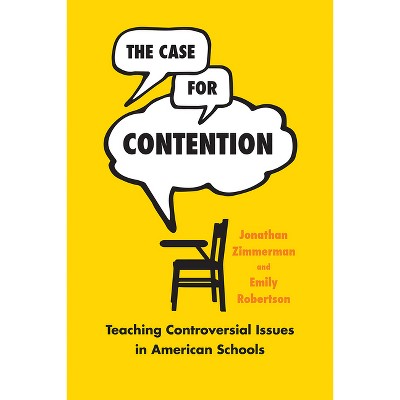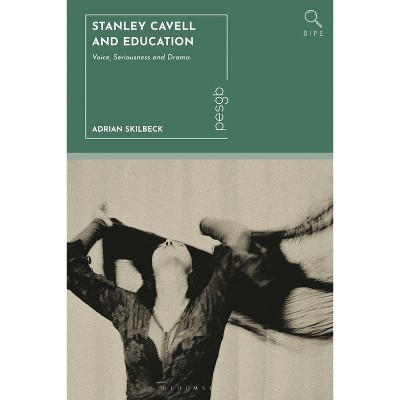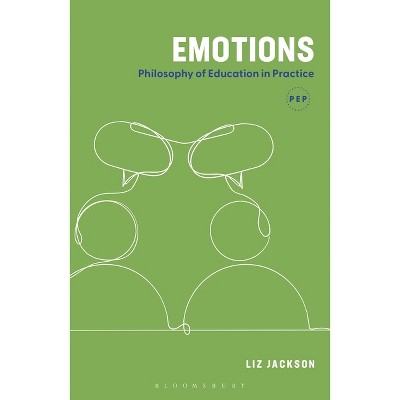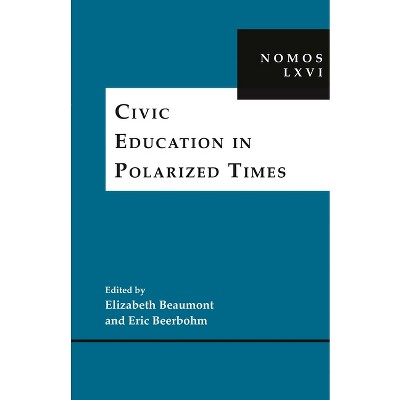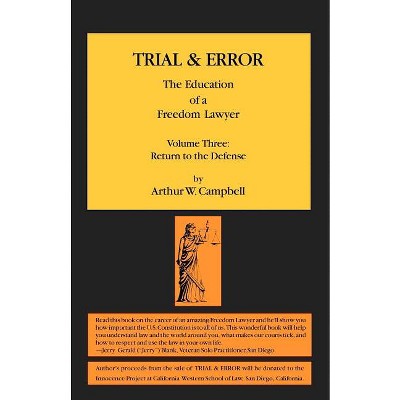Sponsored

Spare the Rod - (History and Philosophy of Education) by Campbell F Scribner (Paperback)
In Stock
Sponsored
About this item
Highlights
- Spare the Rod traces the history of discipline in schools and its ever increasing integration with prison and policing, ultimately arguing for an approach to discipline that aligns with the moral community that schools could and should be.
- About the Author: Campbell Scribner is assistant professor of education at the University of Maryland--College Park.
- 168 Pages
- Education, Philosophy, Theory & Social Aspects
- Series Name: History and Philosophy of Education
Description
About the Book
"In Spare the Rod, historian Campbell F. Scribner and philosopher Bryan R. Warnick think deeply about punishment and discipline practices in American schooling. To delve into this controversial subject, the authors carefully consider two major issues. The first involves questions of meaning. How have concepts of discipline and punishment in schools changed overtime? What purposes are they supposed to serve? And what can they tell us about our assumptions about education? The second issue involves the justification of punishment and discipline in schools. Are public school educators ever justified in punishing or disciplining students? Are these things important for moral education? Or, are they fundamentally opposed to education? If some form of punishment is justified in schools, what ethical guidelines should direct its administration? The authors argue that as schools have grown increasingly bureaucratic over the past century, formalizing disciplinary systems and shifting from physical punishments to forms of spatial or structural punishment (such as suspension), school discipline has not only come to resemble the operation of prisons or policing but has grown increasingly integrated with those institutions. These changes, they argue, disregard the unique status of schools as spaces of moral growth and community oversight, and are incompatible with the developmental ethos of education. What we need is a view of discipline and punishment that fits with the sort of moral community that schools should be"--Book Synopsis
Spare the Rod traces the history of discipline in schools and its ever increasing integration with prison and policing, ultimately arguing for an approach to discipline that aligns with the moral community that schools could and should be.
In Spare the Rod, historian Campbell F. Scribner and philosopher Bryan R. Warnick investigate the history and philosophy of America's punishment and discipline practices in schools. To delve into this controversial subject, they first ask questions of meaning. How have concepts of discipline and punishment in schools changed over time? What purposes are they supposed to serve? And what can they tell us about our assumptions about education? They then explore the justifications. Are public school educators ever justified in punishing or disciplining students? Are discipline and punishment necessary for students' moral education, or do they fundamentally have no place in education at all? If some form of punishment is justified in schools, what ethical guidelines should be followed?The authors argue that as schools have grown increasingly bureaucratic over the last century, formalizing disciplinary systems and shifting from physical punishments to forms of spatial or structural punishment such as in-school suspension, school discipline has not only come to resemble the operation of prisons or policing, but has grown increasingly integrated with those institutions. These changes and structures are responsible for the school-to-prison pipeline. They show that these shifts disregard the unique status of schools as spaces of moral growth and community oversight, and are incompatible with the developmental environment of education. What we need, they argue, is an approach to discipline and punishment that fits with the sort of moral community that schools could and should be.
Review Quotes
"Campbell Scribner and Bryan Warnick, both university professors, have done an excellent job of researching their topic. They carefully document what were common practices and the underlying rationale for keeping order in schools. They summarize the detrimental effects of punishment up to and including contemporary tactics. In what is a bit unusual, they present opinions on both sides of the issue -- a tribute to the fact, they say, that 19 states still allow corporal punishment."--Art Stellar "School Administrator Magazine" (12/1/2022 12:00:00 AM)
"This volume is suitable for any citizen concerned with the state of public schools and is especially useful for graduate courses in school law or the history of education. Recommended."-- "Choice"
"Scribner and Warnick's historical account show how various conceptions of school punishment can become distorted when unmoored from the social context of the school and picked up by the ideological winds that surround it... They make a case for school punishment that is as rationally persuasive as it is intuitively appealing. It stands to advance the conversation about the ethics of school discipline in the public sphere. It's also an argument that the educational community could benefit from engaging with, as well, and would be welcome reading for any ethics and education course."-- "Theory and Research in Education"
"Spare the Rod offers a sweeping overview of how and why we have punished in school, and the authors make a compelling and practical case for how we can do better."--Judith Kafka, Baruch College
"School punishment is an attempt to get young people to behave according to social norms and values. This sharp and engaging book offers a history of how we try, and fail, to do so fairly, as well as a path toward more effective and just ways of building moral community. An essential read for teachers and researchers who care about democracy and justice, and about making them possible in school."--Sigal Ben-Porath, University of Pennsylvania
About the Author
Campbell Scribner is assistant professor of education at the University of Maryland--College Park. He is the author of The Fight for Local Control: Schools, Suburbs, and American Democracy. Bryan R. Warnick is professor of education at the Ohio State University. He is the author of Understanding Student Rights in Schools: Speech, Privacy, and Religion in Educational Contexts and Imitation and Education: A Philosophical Inquiry into Learning by Example.
Shipping details
Return details
Trending Non-Fiction





